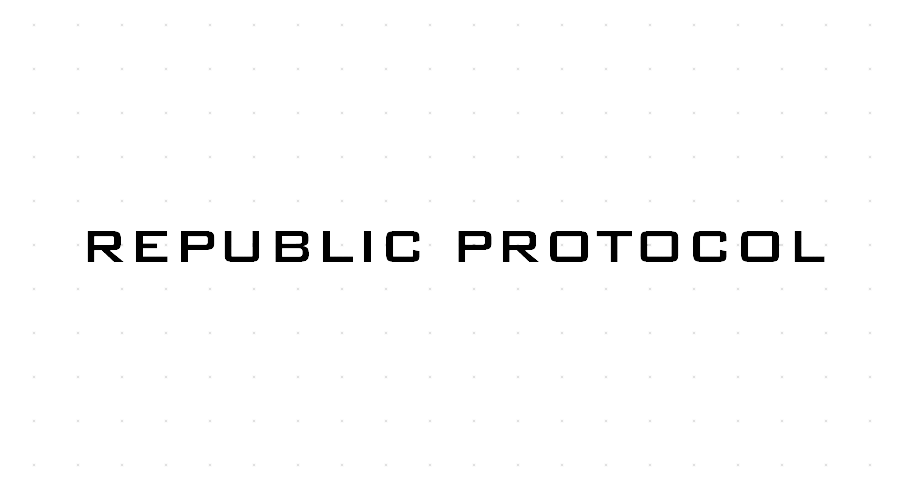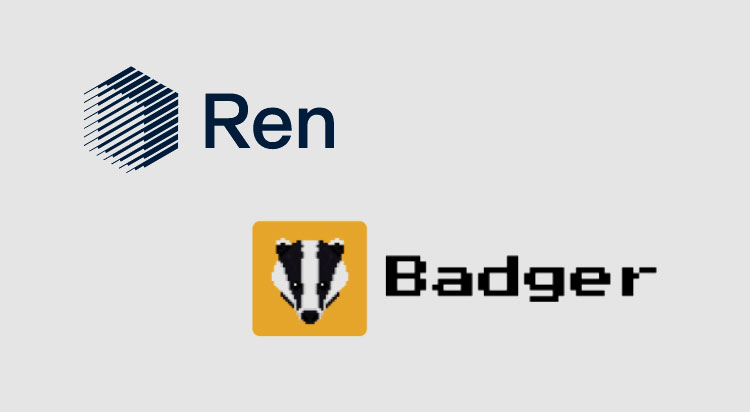Republic Protocol has informed that third parties are now able to build their own dark pools on top of the base layer provided by its platform. Operating like an open-source enterprise solution, this will allow organizations to offer their own users a dark pool platform for trustless cross-chain atomic trading of Ether, ERC20 tokens, and Bitcoin pairs. Existing cryptocurrency businesses, including major exchanges, will have the option of readily integrating dark pool functionality to their own existing service offerings.
The first decentralized dark pool supported by the Republic Protocol platform will be its own Ren Exchange (RenEx), set to go live on the mainnet in Q3 of this year. However, its long-term vision is for a more open and inclusive protocol that allows the creation of competitive dark pools that cater to the particular needs of all different traders.
Other crypto businesses will now be able to design and deploy dark pools powered by Republic Protocol that serve the broad spectrum of different trader preferences based on fees, regulation, governance or any number of other factors.
Another key feature of enabling multiple dark pools is diversification of counterparty risk for both Darknode operators and Republic Protocol itself. For Darknodes, multiple pools mean that the rewards they receive for serving as the essential order-matching engine for the network will not be pegged to the success of any single dark pool.
The maximum of 10,000 total Darknodes allowed to operate (each needing a bond of 100,000 REN) will power all the dark pools that are built on the platform. For Republic Protocol, a proliferation of dark pools will drive continued sustainability and growth for its underlying protocol and broader ecosystem in the longer term.
Republic Protocol’s REN is a utility token that provides fuel and security to the engine.
Republic has been actively updating its strong community base as it continues to hit key milestones on its development roadmap. The announcement of multiple third-party dark pools was accompanied by a range of other key updates, including:
- Fee-based profit sharing economic incentives for liquidity providers active in the various available dark pools.
- Introduction of the ‘Broker’ specification, defined broadly as entities authorized to place trades on behalf of others; the extent to which brokers with specific licenses or regulatory risk profiles are permitted to trade on different dark pools will be critical for KYC/AML considerations across jurisdictions in future.
- Introduction of a ‘hosted API interface’ allowing professional and algorithmic traders to interface directly with dark pools.


















